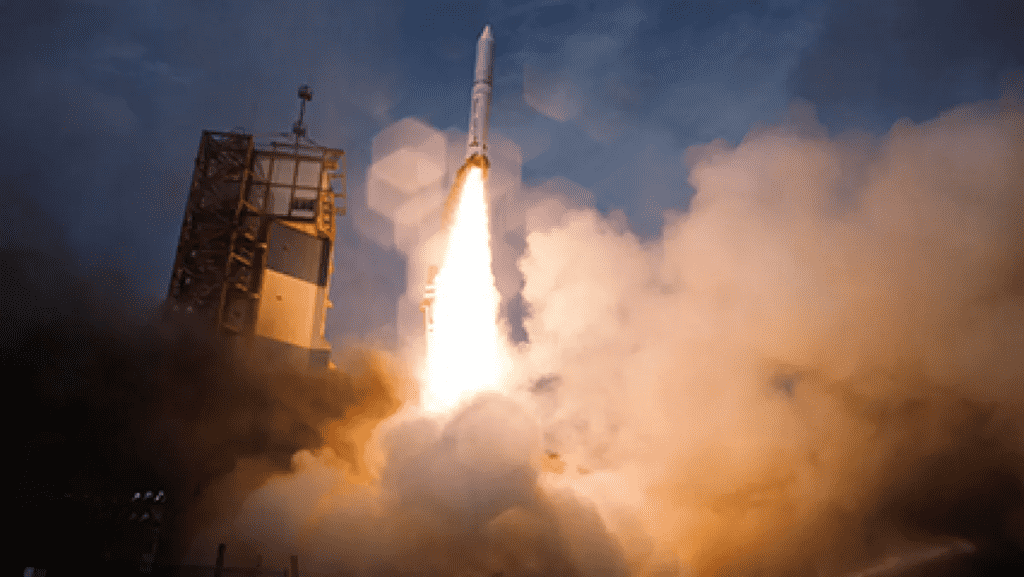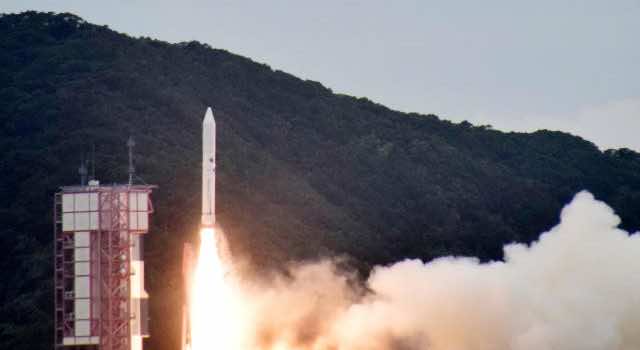Like many other countries practicing their abilities in exploring space, Japan also set out on an endeavor to conduct its orbital launch mission of 2022, as reported by the Japan Aerospace Exploration Agency (JAXA) on Wednesday, but unfortunately, the launch failed miserably during the third stage, resulting in the mission’s failure by knocking down the rocket in mid-air. This was the first failed launch mission by Japan’s Epsilon rocket. The mission has been named “Innovative Satellite Technology Demonstration 3” and seemed all set in its initial stages, but as it approached its third stage, the rocket started falling back to the ground. However, the Japanese space agency is now on a mission to explore the possibilities that led to the failure of the mission and has also set up an investigative team as well.

Coupled with this, according to the press release by the Japan Space agency, it was reported, “JAXA launched the Epsilon rocket No. 6 equipped with QPS-SAR-3, and QPS-SAR-4 from the Uchinoura Space Observatory at 09:50:43 (Japan standard time) on October 12, 2022, but at the time of judging whether or not to separate the 2/3 stage, it deviated from the target altitude. Judging that it could not be put into orbit around the Earth, it sent a command and a destruction signal to the rocket at 9:57:11, and the launch failed”.
On the other hand, the release further elaborated, “We sincerely apologize for not being able to meet the expectations of the local community and everyone else involved, as well as those involved in the satellites on board. Currently, we have established a task force headed by President Yamakawa and have begun investigating the cause. The status of the investigation will be announced at any time.” Hence, the team is now investigating the case and will shortly be back with the anomalies that lead to the failure of the launch in the third phase. The team will further explore the reason why the first two launches went successfully and what possible technical problems occurred in the third stage.

The investigation will improve the process for future launches and will make room for new innovations in the launch program as well. It should be noted that the Innovative Satellite Technology Demonstration 3 program has been aimed at sending one primary satellite into orbital space. The satellite is called RAISE 3 (Rapid Innovative Payload Demonstration Satellite 3) and compromises a 240-pound spacecraft equipped with state-of-the-art technology.
One of the important things to note is that this is the first orbital mission by Japan carried by the Epsilon rocket that failed. This is because other various missions conducted before this launch were successful and includes the orbital missions carried out in September 2013, December 2016, January 2018, January 2019, and November 2021.


